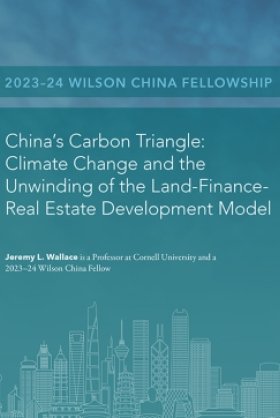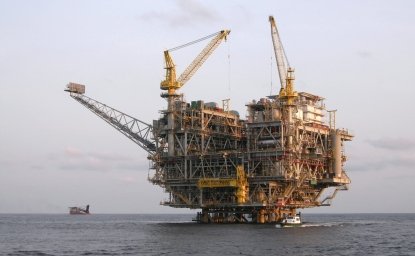China's Carbon Triangle: Climate Change and the Unwinding of the Land-Finance-Real Estate Development Model


China produces over 30 percent of global carbon emissions, making Xi Jinping’s 2020 declaration that his country would be carbon neutral by 2060 one of epic significance. A core challenge facing China’s decarbonization is shifting its economic model to break the “carbon triangle” of land, finance, and real estate. This nexus is central to the country’s political economy and accounts for a significant amount of China’s carbon emissions, yet it is incredibly inefficient in producing real value as millions of apartments lay vacant. Despite official acknowledgement of the need to shift away from real estate and infrastructure investment, pivoting has proven difficult for the country’s leaders. Yet, as with most issues in China, national-level features can obscure fascinating and contradictory patterns happening in its provinces and cities.
Author

Professor of Government and Director of the East Asia Program at Cornell University

Kissinger Institute on China and the United States
The Kissinger Institute works to ensure that China policy serves American long-term interests and is founded in understanding of historical and cultural factors in bilateral relations and in accurate assessment of the aspirations of China’s government and people. Read more

Explore More
Browse Insights & Analysis
La esencia de la infraestructura global: perspectivas del líder de la industria Matt Harris

Debunking the Patient Capital Myth: The Reality of China’s Resource-Backed Lending Practices



